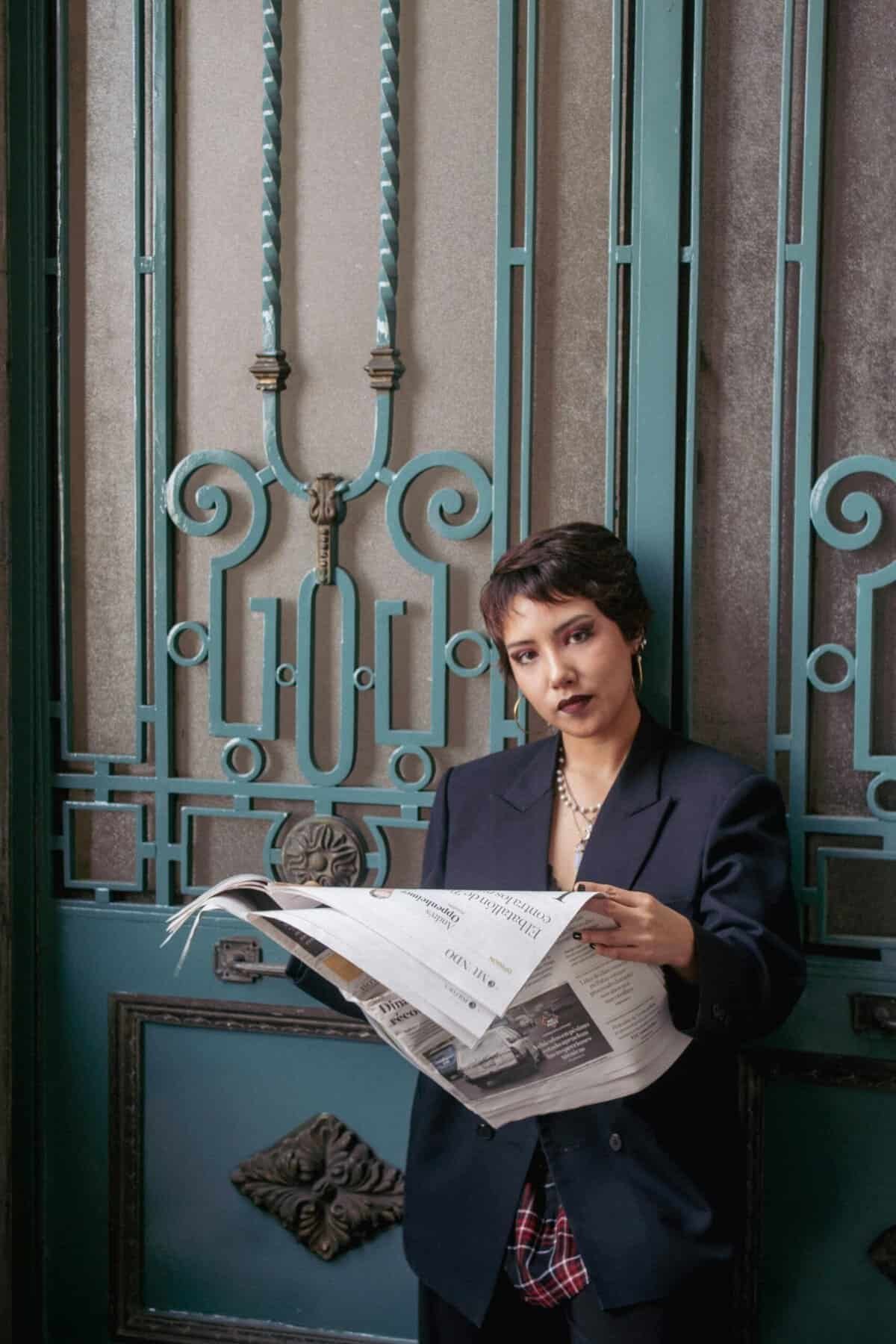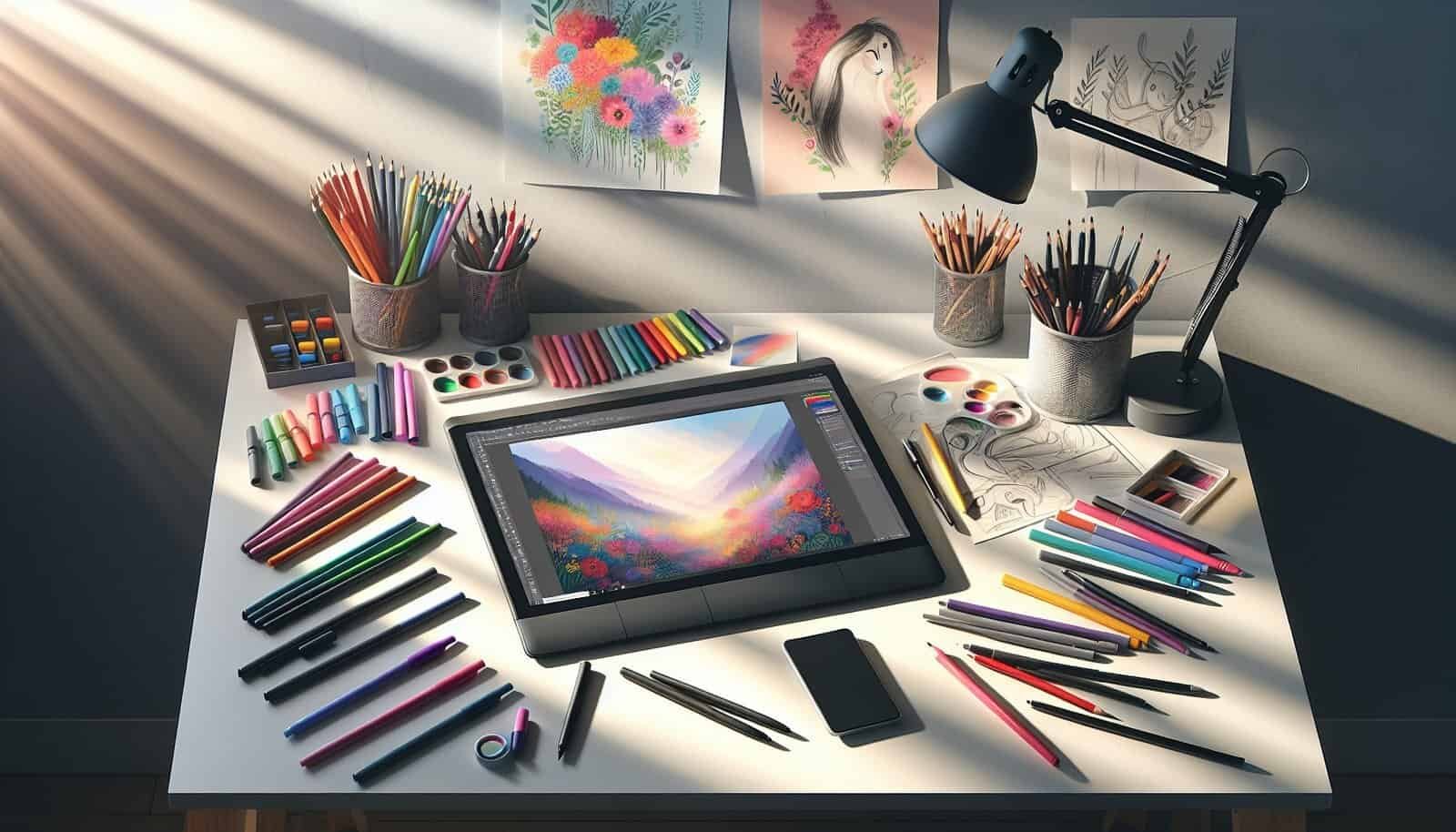Have you ever wondered what it takes to carve out a niche in the world of freelance illustration? Embarking on this journey can seem daunting, but it is also a creative adventure full of opportunities. Whether you’re a budding artist or someone contemplating a career change, understanding the ins and outs of being a freelance illustrator could open up significant paths for your future.

Understanding the Role of a Freelance Illustrator
A freelance illustrator turns ideas into visual narratives, often bringing concepts to life with their unique artistic flair. You’ll find yourself working on a myriad of projects, from book illustrations to marketing materials. Your work could be seen in children’s books, on magazine covers, or even in digital advertisements.
The Unique Qualities of a Freelance Illustrator
Freelancing demands more than just technical skill. It requires creativity, adaptability, and a knack for storytelling through visual art. As a freelance illustrator, you need to convey messages and emotions through your art, capturing the essence of a brand, a story, or an idea. It’s about finding unique perspectives and portraying them in a way that resonates with an audience.
Diverse Project Opportunities
One of the most thrilling aspects of freelancing in illustration is the diversity of projects available. You could be creating a whimsical world for a children’s book one day and designing sleek icons for a tech startup the next. The variety keeps your work exciting and ensures you continually grow as an artist.
Essential Skills for Success
To succeed as a freelance illustrator, you need more than raw talent. It’s equally important to hone skills that will make your work stand out while ensuring you can efficiently manage the business side of freelancing.
Artistic Skills
This might seem obvious, but it’s worth emphasizing: your ability to create appealing, original artwork is paramount. It helps to delve into multiple styles and techniques. Comfortable with watercolors? Try digital media. Love realism? Experiment with abstract forms. The broader your skillset, the more versatile an illustrator you become.
Communication Skills
Equally crucial are communication skills. You need to interpret a client’s vision accurately, and that requires active listening and clear dialogue. Being able to articulate your ideas and understand feedback is key to successful collaboration.
Business Acumen
You will wear many hats as a freelance illustrator, and one of them includes being your own business manager. Familiarize yourself with invoicing, contract terms, and client relations. Set clear terms and costs upfront to ensure smooth transactions and protect your work ethically and legally.
Building Your Portfolio
Your portfolio is essentially your professional showcase. It must reflect your best work, your range, and your unique style.
Selecting the Right Pieces
Choose pieces that are not only visually striking but also demonstrate the breadth of your abilities. Include a variety of subject matter and styles to highlight your versatility. If you have worked on projects for notable clients, include them to add credibility.
Presentation
How your work is presented matters. Quality images of your illustrations online are crucial. If you’re showcasing physical pieces, photography should be top-notch. Ensure your website or online portfolio is easy to navigate and reflects your professional brand.
Finding Clients
Finding clients is a common challenge for any freelancer, but it is particularly crucial for an illustrator whose work depends on visibility and connections.
Networking and Social Media
Being active on platforms like LinkedIn, Instagram, and communities like Behance can help. These networks allow you to showcase your work continuously and engage with potential clients and other illustrators. Building relationships in forums and groups centered around illustration can open doors to collaborations and commissions.
Freelance Platforms
Websites such as Upwork, Fiverr, and Freelancer can be beneficial. They offer a space to find projects but also to gain initial exposure. However, keep in mind the competition is fierce, and rates can vary significantly.
Direct Outreach
Email local publishers, design firms, or companies that align with your style. A personalized pitch demonstrating how you can add value to their projects can make a difference. Persistence and patience are key in landing contracts through direct outreach.

Setting Your Rates
Determining what to charge as a freelance illustrator can be tricky. However, valuing your work appropriately is crucial for long-term sustainability.
Factors to Consider
Consider the complexity of the project, the time it will take, and your level of experience when setting rates. Additionally, factor in your expenses and the market rates to ensure competitiveness while still valuing your expertise.
Rate Structures
There are various ways to structure your pay, such as hourly rates, a per-project fee, or licensing fees for the use of your artwork. Here is a simple table for a basic understanding:
| Rate Structure | Description |
|---|---|
| Hourly Rate | Charge based on the number of hours spent on a project. |
| Project-Based | A fixed rate determined before commencing the work. |
| Licensing Fees | Fees based on the usage and reproduction of your work. |
Time Management and Work-Life Balance
Managing time efficiently is vital for keeping projects on track and maintaining quality. Many freelancers fall into the trap of overworking, so maintaining balance is key.
Creating a Schedule
Having a structured schedule helps you stay focused and ensures you allocate enough time for each project. It might help to designate certain hours of the day for client work, creativity, and administrative tasks.
Taking Breaks
Don’t underestimate the power of taking breaks to recharge. Stepping away from your work can reignite your creativity and reduce burnout. Balancing work with personal time fosters a healthier, more sustainable career.

Overcoming Freelance Illustration Challenges
Navigating the freelance world can come with its own set of challenges, but developing strategies to overcome them will aid in your success.
Dealing with Creative Blocks
Creative blocks are inevitable. When they hit, try changing your environment, exploring other forms of art, or taking a short break from work. Engaging in activities that fuel your creativity can help you break through these blocks.
Handling Client Relationships
Good client relationships are built on trust and clear communication. Set expectations early and provide regular updates. This transparency not only prevents misunderstandings but also fosters long-term client relationships.
Leveraging Technology and Tools
In today’s digital age, technology can significantly enhance your work process and efficiency.
Essential Software
Invest in essential illustration software such as Adobe Illustrator, Procreate, or CorelDRAW. These tools can expand your creative possibilities and provide you with the flexibility digital art offers.
Digital Workspace Enhancements
Technology extends beyond software. Hardware like graphic tablets and styluses can improve the precision of your work. Additionally, using apps for time management and organizing tasks helps streamline your workflow.

Expanding Your Freelance Business
Once you establish yourself as a freelance illustrator, there are ways to expand your business and create additional revenue streams.
Teaching and Workshops
Offering workshops or online courses can be a rewarding way to share your knowledge and skills while earning extra income. Teaching affords you the opportunity to inspire budding illustrators and connect with a broader audience.
Merchandise and Prints
Another avenue is to produce merchandise or sell your art as prints. This approach not only diversifies your income sources but also allows you to reach fans of your work in a new way.
Future Trends in Illustration
Keeping an eye on industry trends can help you position yourself strategically in the market.
Rise of Digital and VR Art
With the technology continually evolving, digital and virtual reality art is on the rise. Being adept at these mediums can set you apart and make you more appealing to tech-savvy clients.
Sustainability and Ethical Art
Today, there’s a growing demand for sustainable and ethically-produced art. Whether in how you source materials or the themes you convey, aligning with these values can resonate positively with clients and audiences alike.

Conclusion
Starting a career as a freelance illustrator is an enriching journey filled with creativity, learning, and opportunities to make a mark with your art. By focusing on both your craft and the business side of freelancing, you’ll be well-equipped to thrive. Embrace the adventure, nurture your talent, and enjoy the stories your illustrations will tell—because great art has the power to transcend boundaries and touch hearts worldwide.
